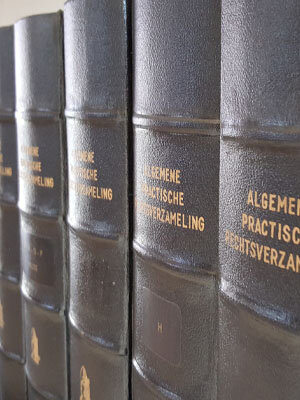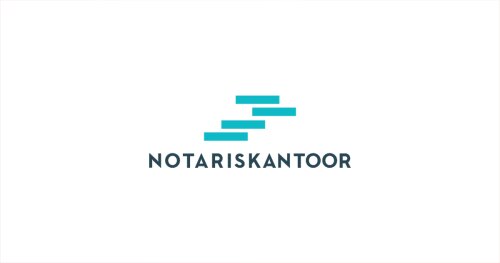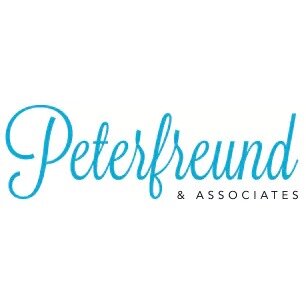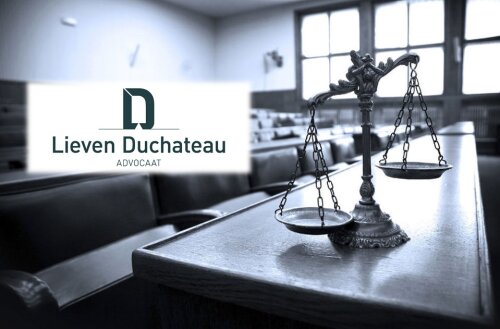Best Public-Private Partnerships (PPP) Lawyers in Belgium
Share your needs with us, get contacted by law firms.
Free. Takes 2 min.
Or refine your search by selecting a city:
List of the best lawyers in Belgium
About Public-Private Partnerships (PPP) Law in Belgium
Public-Private Partnerships (PPPs) in Belgium are collaborative arrangements between government entities and private sector partners to finance, design, build, operate, or maintain public infrastructure or deliver public services. Such partnerships are often used for large-scale projects like highways, public buildings, schools, hospitals, and environmental initiatives. The PPP model leverages private sector expertise and resources, aiming for more efficient project delivery and innovation while reducing the burden on public budgets. In Belgium, PPPs are governed by various laws and regulations originating from both regional government authorities and federal law, often influenced by European Union directives.
Why You May Need a Lawyer
PPPs involve complex legal, financial, and operational considerations across public procurement, contract management, regulatory compliance, dispute resolution, and risk allocation. Individuals and businesses may require legal help in situations such as:
- Understanding and interpreting PPP legislation and policy requirements.
- Drafting or negotiating PPP contracts and agreements.
- Responding to public tenders or preparing proposals for PPP projects.
- Addressing regulatory or compliance issues with local, regional, or EU authorities.
- Managing disputes between public authorities, private partners, or subcontractors.
- Navigating project financing, guarantees, and risk allocation mechanisms.
- Ensuring environmental, social, and urban planning compliance.
- Restructuring existing PPP contracts due to changes in scope, financing, or unforeseen events.
Local Laws Overview
Belgium's legal framework for PPPs is multifaceted, reflecting its federal structure and adherence to European regulations. Key aspects include:
- Public Procurement Law: The award of PPP contracts primarily falls under Belgian public procurement laws, which are harmonized with European Union directives to ensure competition, transparency, and non-discrimination.
- Concession Contracts: Many PPPs take the legal form of concessions, which are separately regulated under EU and Belgian law, particularly regarding risk allocation and remuneration models.
- Regional Competence: Belgium’s regions (Flanders, Wallonia, Brussels-Capital) have significant autonomy in structuring PPPs, leading to potentially different approaches or regulations between regions.
- State Aid Control: PPPs often involve financial support or guarantees from public bodies, which must comply with EU state aid rules.
- Environmental and Planning Laws: PPPs are subject to environmental impact assessments, urban planning permits, and other sector-specific regulatory requirements.
Navigating this legal landscape requires a thorough understanding of both the procedural frameworks and the substantive requirements imposed by Belgian and European authorities.
Frequently Asked Questions
What is a Public-Private Partnership (PPP) in Belgium?
A PPP in Belgium is a long-term collaboration between a public authority and a private partner for delivering public infrastructure or services, where responsibilities, risks, and rewards are shared based on contractual agreements.
Which laws apply to PPPs in Belgium?
PPP projects in Belgium are subject to national and regional public procurement laws, concession regulations, sector-specific rules, and EU directives on procurement, concessions, and state aid.
Who can initiate a PPP project in Belgium?
PPP initiatives can be started by public authorities at federal, regional, provincial, or municipal levels. Private sector entities may also propose unsolicited projects under certain regulated procedures.
Are PPP contracts always awarded through competitive tender?
Most PPPs are awarded via competitive public procurement procedures, but in limited cases negotiated procedures or direct awards may be permitted under the law, subject to strict requirements.
What legal risks are involved for private partners?
Risks include changes in legislation, failure to secure permits, delays, availability or demand shortfalls, financial risks, and potential early termination or renegotiation of contracts.
How are disputes resolved in PPP projects?
PPP contracts typically foresee mechanisms for dispute resolution, such as negotiation, mediation, expert determination, or arbitration. Belgian courts may also have jurisdiction depending on contractual clauses.
Do PPPs require environmental permits?
Yes, virtually all PPP projects must comply with environmental planning and building regulations, requiring relevant permits and assessments before and during the project.
Can foreign companies participate in Belgian PPPs?
Yes, European Union and non-EU companies can participate, provided they meet the legal, technical, and financial requirements of the tendering process. Compliance with EU internal market rules must be ensured.
What is the role of state aid rules in Belgian PPPs?
State support or guarantees for a PPP must comply with stringent EU state aid regulations. Unlawful state aid can lead to recovery orders and financial penalties.
What happens if one party fails to meet contract obligations?
Contracts define remedies for breaches, including penalties, damages, step-in rights for the public authority, or contract termination. Legal recourse and enforcement mechanisms depend on the contract and applicable law.
Additional Resources
Belgium hosts several resources and authorities that can provide information and support regarding PPPs:
- Belgian Federal Public Service for Policy and Support (BOSA): Provides procurement guidelines, template contracts, and advice.
-
Regional PPP Units: Each region has dedicated agencies overseeing and advising on PPP projects:
- Flemish PPP Knowledge Centre (Vlaams Kenniscentrum PPS)
- Walloon PPP Task Force (Cellule PPP Wallonie)
- Brussels Regional Public Service
- Belgian Competition Authority: Ensures compliance with state aid and competition rules in PPP projects.
- European PPP Expertise Centre (EPEC): Offers practical guidance and industry reports on PPPs in EU member states.
Next Steps
If you are considering involvement in a PPP project in Belgium or are facing legal challenges related to an ongoing PPP, it is advisable to:
- Identify the specific public sector and regional context of the project, as legal requirements can vary.
- Gather all relevant documentation, contracts, tender notices, and communications.
- Seek advice from a qualified Belgian lawyer experienced in public procurement, infrastructure, and PPP contracts, especially one with knowledge of regional regulations and EU law.
- Clarify your objectives, potential risks, and the desired outcome before your consultation.
- Reach out to the relevant PPP units or support centers listed above for additional guidance or to access official resources.
Early legal advice can help you understand your rights and obligations, anticipate potential problems, and maximize the success of your PPP venture in Belgium.
Lawzana helps you find the best lawyers and law firms in Belgium through a curated and pre-screened list of qualified legal professionals. Our platform offers rankings and detailed profiles of attorneys and law firms, allowing you to compare based on practice areas, including Public-Private Partnerships (PPP), experience, and client feedback.
Each profile includes a description of the firm's areas of practice, client reviews, team members and partners, year of establishment, spoken languages, office locations, contact information, social media presence, and any published articles or resources. Most firms on our platform speak English and are experienced in both local and international legal matters.
Get a quote from top-rated law firms in Belgium — quickly, securely, and without unnecessary hassle.
Disclaimer:
The information provided on this page is for general informational purposes only and does not constitute legal advice. While we strive to ensure the accuracy and relevance of the content, legal information may change over time, and interpretations of the law can vary. You should always consult with a qualified legal professional for advice specific to your situation.
We disclaim all liability for actions taken or not taken based on the content of this page. If you believe any information is incorrect or outdated, please contact us, and we will review and update it where appropriate.
Browse public-private partnerships (ppp) law firms by city in Belgium
Refine your search by selecting a city.
















